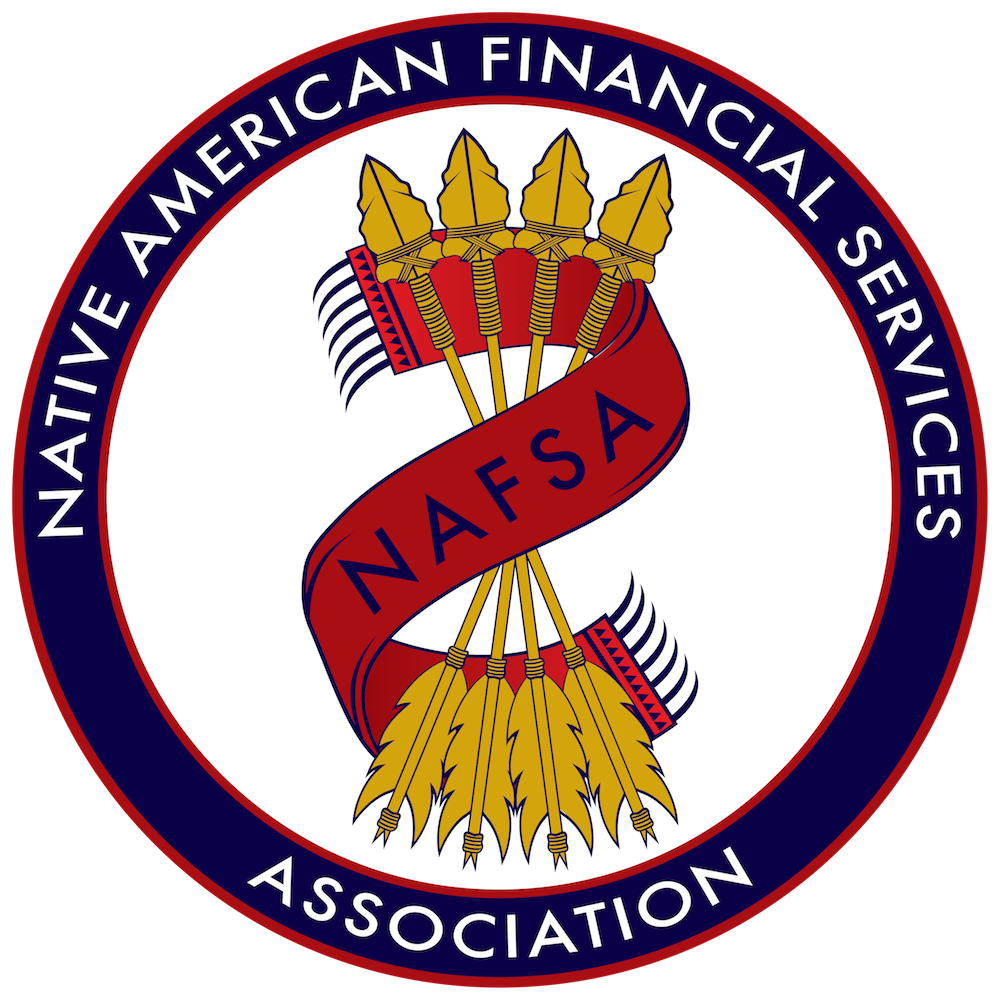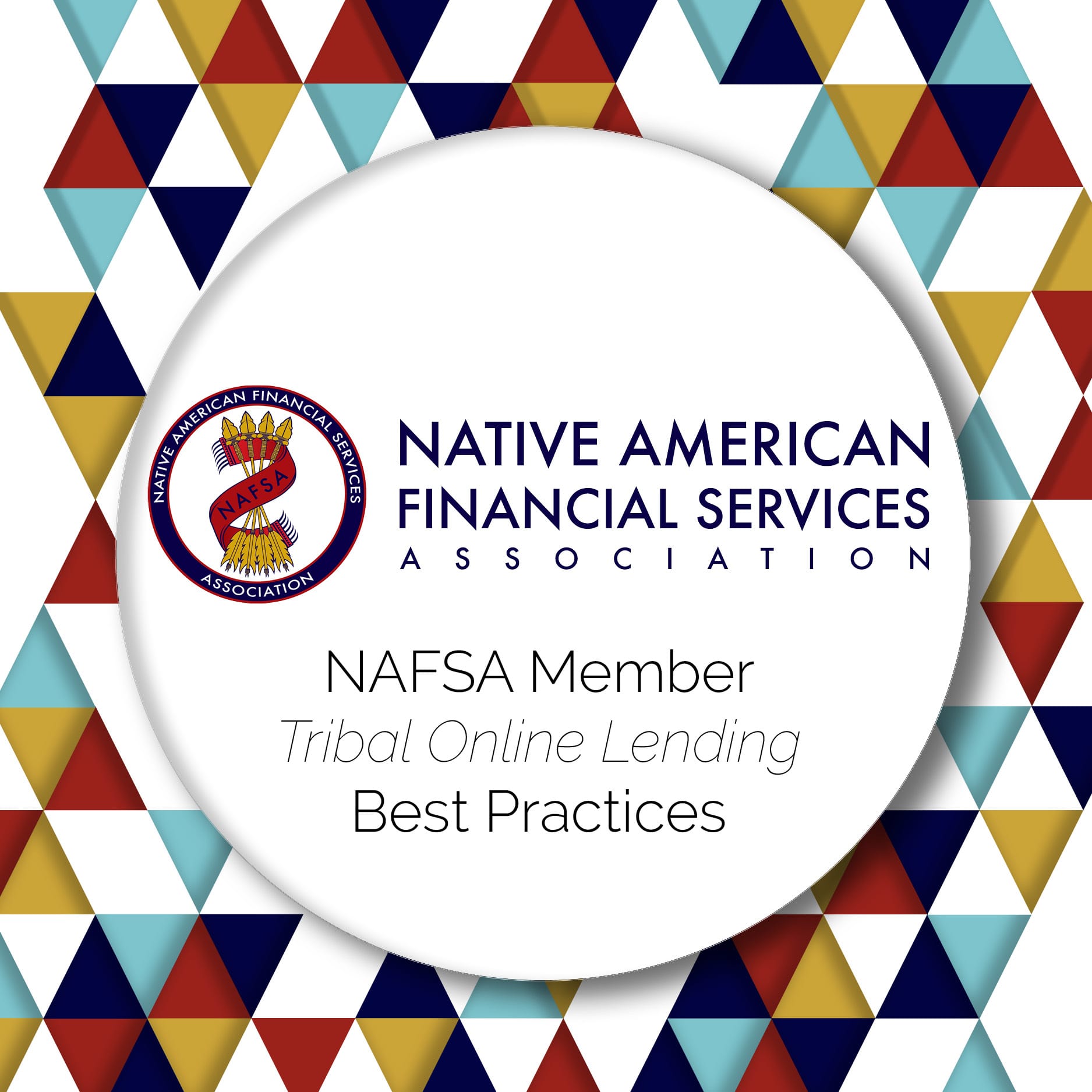The Latest Financial News
FDIC Seeks Public Comments on Small-dollar Lending
The Federal Deposit Insurance Corporation (FDIC) announced yesterday that it is seeking information on small-dollar lending, specifically in regards to “consumer demand for small-dollar credit products, the supply of small-dollar credit products currently...
Congressional Leadership Roles Begin Taking Shape
Last week, House Republican Patrick McHenry (R-NC-10) officially announced his intent to run for the ranking member position on the House Financial Services Committee. If elected, he will be sitting alongside Representative Maxine Waters (D-CA-43), the...
Judge Delays Small-dollar Rule’s Compliance Date
A federal judge delayed the compliance date of the Consumer Financial Protection Bureau’s (CFPB) rule for “Payday, Vehicle Title, and Certain High-Cost Installment Loans,” commonly referred to as the Small Dollar or Payday Rule. The compliance date was...
Featured Resources
Our Digital Financial Literacy Program
Too many consumers mismanage their budgets, make poor investment decisions, and fail to properly plan for the future. NAFSA is committed to empowering people with the skills they need to change this trend and thrive financially. NAFSA’s Financial Literacy Program offers an assortment of digital modules covering a wide variety of financial topics, including building emergency savings, mortgage education, and retirement planning.
Tribal Online Lending Best Practices
NAFSA has developed Best Practices for the exclusive use of all NAFSA Members as it relates to their Tribal Online Lending businesses. We believe these Best Practices will help ensure consumer protection, quality service, and positive customer and industry interactions during the life of the loans made by tribal lending entities who are NAFSA members. Our Best Practices apply to all stages of the loan, including marketing, origination, servicing, collecting, and ongoing data privacy.
The Impact of Tribal Financial Services
Coming from a history of staggering unemployment rates, limited opportunities, and lack of access to fundamental resources, Native American tribes began online lending businesses to create real change for the future. Internet commerce has been a vehicle for supporting economic growth, tribal services, and tribal development. These are their stories.
Why NAFSA?
There are more than 570 federally-recognized tribes in the United States, many of whom are spread across in diverse areas. This has left a need for other tribal economic development opportunities to create sustainability and jobs on Native American reservations.
Tribal Financial Services:
![]() Create jobs & economic development on tribal lands
Create jobs & economic development on tribal lands
![]() Increase the financial independence of tribes
Increase the financial independence of tribes
![]() Deploy sovereignty & bolster tribal self-determination
Deploy sovereignty & bolster tribal self-determination

Our Mission
To advocate for tribal sovereignty, promote responsible financial services, and provide better economic opportunity in Indian Country for the benefit of tribal communities.






